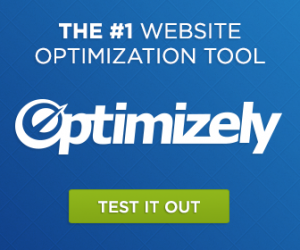In today’s highly competitive industrial landscape, efficiency is a critical factor that determines the success of any operation. One of the essential components that industries depend on to optimize productivity is the air compressor. Compressors are central to various processes, from manufacturing to energy production, and their efficient operation can have a significant impact on a company’s overall performance. However, with constant advancements in technology, the need for advanced compressor management solutions has never been more pronounced. These solutions are designed to ensure that compressors operate at peak efficiency, which can reduce energy consumption, minimize downtime, and extend equipment lifespan, ultimately contributing to the bottom line. The traditional approach to compressor management often relied on periodic inspections and manual adjustments, which, while functional, lacked the precision and adaptability required for modern industrial environments. Advanced compressor management solutions leverage real-time monitoring, predictive maintenance, and automation to optimize compressor performance.

By utilizing sensors and IoT Internet of Things technology, these solutions collect valuable data about the operating conditions of the compressors. This data is then analyzed to detect inefficiencies, identify potential issues before they become major problems, and provide insights that guide decision-making. For example, by monitoring parameters such as temperature, pressure, vibration, and power consumption, companies can better understand how their compressors are functioning and adjust operations accordingly. Predictive analytics can be used to forecast when maintenance is needed, allowing industries to move away from reactive maintenance practices and towards a more proactive approach. This not only reduces the likelihood of unexpected breakdowns but also helps avoid unnecessary maintenance costs. Additionally, Check This Out the data collected can be used to fine-tune compressor settings, ensuring that the equipment operates at its most energy-efficient levels, reducing operational costs. Another significant advantage of advanced compressor management solutions is their ability to integrate with other industrial systems, such as enterprise resource planning ERP and energy management systems. This integration enables a more holistic approach to managing industrial operations.
For instance, by connecting compressors to the broader energy management framework, companies can optimize their energy consumption across all equipment, aligning it with production schedules and reducing energy waste. This interconnectedness allows businesses to make smarter decisions regarding energy use, which is particularly important as industries strive to meet sustainability goals and reduce their carbon footprint. Moreover, automation plays a key role in enhancing the efficiency of compressor systems. Advanced compressor management systems can automatically adjust operational parameters in real-time based on demand, ensuring that compressors are always operating at optimal levels. In environments where production requirements fluctuate, this flexibility can be crucial in maintaining consistent output while minimizing energy usage. The ability to remotely monitor and control compressors from a central location also improves operational oversight, enabling faster responses to any issues that arise, which further reduces downtime and enhances productivity.

